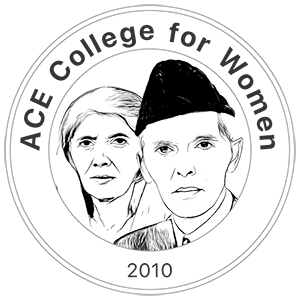Technical Efficiency Differences between Cluster Farming Participants and Non-Participants among Maize Producers in Silti District, Ethiopia
| Received 19 Apr, 2025 |
Accepted 28 Jun, 2025 |
Published 30 Sep, 2025 |
Background and Objective: Despite Ethiopia’s agricultural potential, various studies have shown that many crops, including maize, are produced below their expected frontier levels. This study investigates the technical efficiency of maize producers in the Silti District, with a particular focus on comparing cluster farming participants and non-participants. The primary objective is to assess whether participation in maize cluster farming significantly improves production efficiency. Materials and Methods: The study employed a stochastic frontier analysis to estimate the technical efficiency of maize producers. Data were collected from a representative sample of maize-growing households in the Silti District. Key inputs such as labor, fertilizer and land size were included in the production function. Statistical analysis was performed to identify significant determinants of efficiency and compare efficiency levels between participant and non-participant groups with a 0.05 significance level. Results: The findings indicate an increasing return to scale in maize production. The average technical efficiency across all sampled households was 74.2%, suggesting a 25.8% potential output gain if existing resources are fully optimized. Notably, cluster farming participants exhibited a significantly higher mean technical efficiency (82%) compared to non-participants (66%), demonstrating the positive impact of the cluster farming approach. Conclusion: The study underscores the effectiveness of maize cluster farming in enhancing technical efficiency. It recommends strengthening cluster-based strategies alongside improved access to inputs, training and extension services to promote sustainable agricultural productivity. Future research may explore long-term impacts and scalability across other regions and crops.
How to Cite this paper?
APA-7 Style
Abdo,
H., Sileshi,
M., Shiferaw,
S. (2025). Technical Efficiency Differences between Cluster Farming Participants and Non-Participants among Maize Producers in Silti District, Ethiopia. Trends in Agricultural Sciences, 4(3), 229-240. https://doi.org/10.17311/tas.2025.229.240
ACS Style
Abdo,
H.; Sileshi,
M.; Shiferaw,
S. Technical Efficiency Differences between Cluster Farming Participants and Non-Participants among Maize Producers in Silti District, Ethiopia. Trends Agric. Sci 2025, 4, 229-240. https://doi.org/10.17311/tas.2025.229.240
AMA Style
Abdo
H, Sileshi
M, Shiferaw
S. Technical Efficiency Differences between Cluster Farming Participants and Non-Participants among Maize Producers in Silti District, Ethiopia. Trends in Agricultural Sciences. 2025; 4(3): 229-240. https://doi.org/10.17311/tas.2025.229.240
Chicago/Turabian Style
Abdo, Haider, Miilion Sileshi, and Sime Shiferaw.
2025. "Technical Efficiency Differences between Cluster Farming Participants and Non-Participants among Maize Producers in Silti District, Ethiopia" Trends in Agricultural Sciences 4, no. 3: 229-240. https://doi.org/10.17311/tas.2025.229.240

This work is licensed under a Creative Commons Attribution 4.0 International License.



